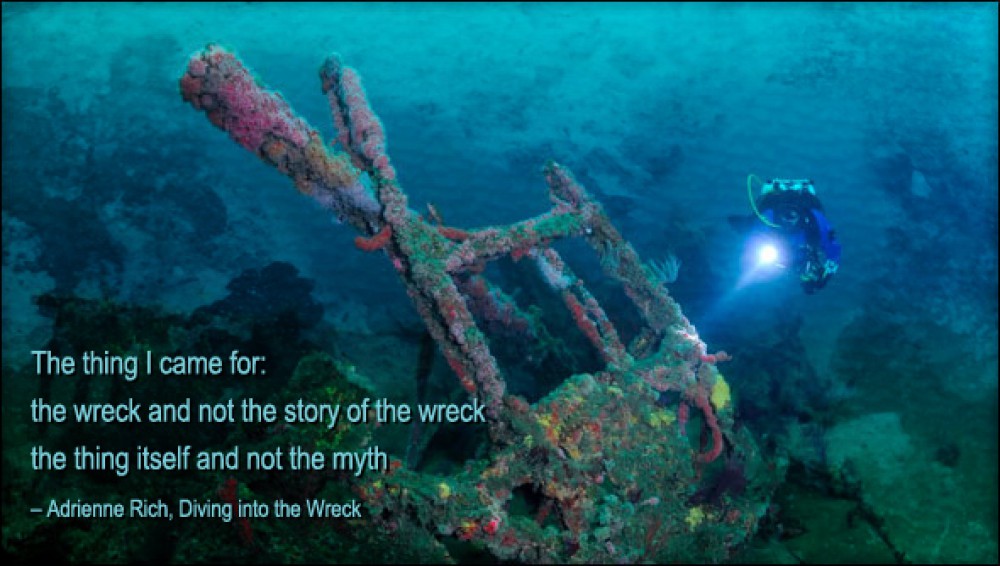I recently took a tour of trans parenting Tumblr blogs, and they’re chock full of what you might expect. A very small sampler:
“Parents please please please talk to your children about gender identity. please teach children that there are more than two genders and that gender is not what genitals you have”
“What my kindergartener taught me about gender”
“A mom and her 3-year-old explore gender”
*******************************************
And of course, there is plenty of hate for parents who aren’t toeing the line. The milder posts are tips for how to educate parents about how wrong they are if they don’t immediately say “Cool!!” when their kid says he/she is transgender.
The general theme is: Kids ALWAYS know best. Defer to your child and their self-defined gender identity, with no questions asked, no matter how young your child is.
I’ve recently heard from three gender-critical parents of teen girls who want to transition, or who already have. All three are discouraged. They feel like they’ve stumbled into an upside-down reality where they are told to ignore their instincts and doubts and just fully accept the brave new world their children have created.
If there is to be a change in the dominant paradigm, parents are going to have to be involved. They’ll have to find a way to buck the trend. It won’t be easy, and they’ll need support.
What is different now from when I was growing up and adults were voicing legitimate concerns about stuff their teenagers were doing (like drugs, say, or unprotected sex) is that parents have basically zero societal or professional (psychologists or MD) support for even raising tentative questions.
I went through 50+ blogs this morning, There was only one teen girl who paused to consider whether her parents might have a point. Every other post consisted of jeers and ridicule at the transphobic, ignorant moms and dads who dare to put the brakes on even **medical transition**.
Here is an excerpt from the one post I found that even hinted that mom might have a point. And of course, in response to this agonized post, the strangers on the Internet convince her that they are the experts. They know. Her mother’s words should be disregarded
************************************************************************
”But secretly I’m scared she’s right. What if I am making all this up? Yeah yeah, who would choose this right? But what if I did? What if I’m so “confused by everything” as my mom said that I’ve convinced myself Im trans?
It doesn’t seem right. I know what I feel, but she just gets in my head. This is so much harder than anyone tells you. How do you even get through these conversations and stick to your guns? I don’t know if she’s right and I’m confused or Im right and she’s manipulative. I love my mom, but I hate that she does this to me. I asked her to just support me through this and all she could say was that “I support you in everything else you do, but this is weird and it goes against everything about who you are. You don’t like to take Advil but you’ll pump yourself full of hormones. You’re terrified of surgery, but you’ll go through with getting rid of something that is a part of you. It’s not you.”
I don’t know what to do. Im so lost.
********************************************************************************
Much more typical is this post:
it makes me so fucking angry when i see people like my friends with parents completely unsupportive of them being trans. i honestly don’t think parents should be trusted to make those kinds of decisions and they shouldn’t be allowed to have control. most parents deal with trans children in the worst ways possible and it’s sickening.
it might have negative health effects but i will totally advocate for other people self medicating when their parents aren’t accepting. at the point where nothing can be done to convince parents, you have to take things into your own hands. especially when dysphoria is too much to live with
***************************************************
It might have negative health effects, but who cares?
